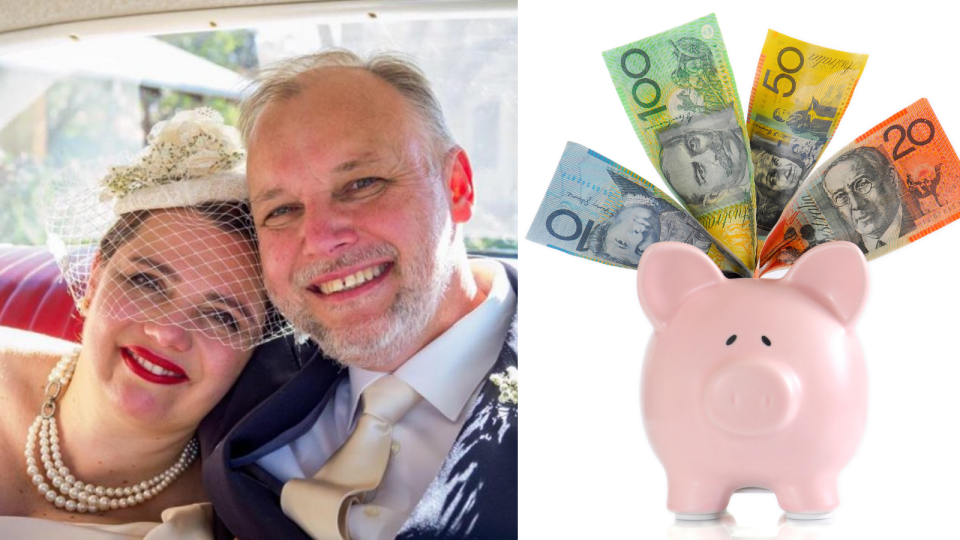6 home savings tips from a single mum turned millionaire

Retail electricity prices have rocketed 99 per cent since 2009, so it’s fair to say Australian families are keen to find new ways to save.
Self-styled ‘joyful frugalista’, Serina Bird knows this. She transitioned from living in a luxurious apartment owned by a former President and a relationship with “serious and violent problems”, to becoming the main financial provider.
While dealing with the costs of divorce, she discovered the joys of living frugally.
She shared her tips on how to save on your power bills in her book, The Joyful Frugalista:
Negotiate
As more energy retailers enter the market including telcos and the NRMA, there are even more options.
The first step to negotiating is to talk to your current energy retailer.
“Call them and ask to speak to someone in the sales area. Be polite and persistent (they are likely to transfer you to a few people before you get to the right area).
“I suggest using this script: ‘Hi. My name is [insert name here]. I have an electricity/gas account with you. I am researching options and comparing products. I am wondering if I currently have the best deal with you.’”
If you’re not happy with the offer, the next step is to compare products and switch. There are a few online resources that will even do it for you, and some households have saved $100s on their annual bill.
Switching services include those provided by the NSW government, Suncorp or Choice.
2. Shower less
It sounds extreme, but as Bird noted, if you’re working an office job in an air-conditioned environment, you probably don’t actually need to shower every day – gym-goers excepted.
“Alternatively, you could do what I am doing at present and cycle to work and use the shower facilities in the change room. Not only am I saving money, I am getting fit and reducing carbon emissions as well.”
3. Shower economically
“In Japan, people usually have a quick shower then use a shared bath, which is another option, especially if you have kids.”
Or, Bird added, couples could just shower together.
4. Think about your shower head
Cutting down on time in the shower is critical (four minutes is ideal), but reconsidering the amount of water actually flowing out of the shower can also help.
As Bird said, large shower heads that make you feel like you’re in the rain are trendy but expensive.
Switching to a smaller water flow disc can save a lot. These can cost less than $5, but over a year of five minute showers, you’ll save around $260 more if you were using a water-saver shower head.
And the savings increase to $774 over the year if you were comparing the water flow disc, which restricts the flow to 9 litres a minute, to an unrestricted shower head with a water flow of 21 litres a minute.
5. Bundle up
It’s tempting to turn the heating up to full-bore in winter, but bundling up can be a cheaper way to stay warm and cozy.
Alternatively, you could use a heated blanket which sell for around $35 and only cost 2c an hour to run. Hot water bottles are also a great way to stay warm in bed, rather than sleeping with the heating on.
Bird warns that energy consumption generally rises 10 per cent for every degree your heating is set at beyond 18 degrees Celsius.
6. Turn your heating off 15 minutes earlier
“Another way to reduce heating costs is to turn off your heater 15 to 30 minutes before you leave the house,” Bird said.
It helps you remember to turn it off, but it also means you’re not paying for warm air you won’t be enjoying once you leave the house.
“Turning it off 15 minutes before you leave could save an hour and 45 minutes a week in heating costs, or 157 hours of heating time over a 90-day quarter.”
Make your money work with Yahoo Finance’s daily newsletter. Sign up here and stay on top of the latest money, news and tech news.
Now read: Uniqlo in hot water over $1 million bullying claim
Now read: Woman finds 14th century coin worth $5.4K in secret drawer
Now read: 7 LinkedIn profile mistakes that are hurting your job hunt

 Yahoo Finance
Yahoo Finance 